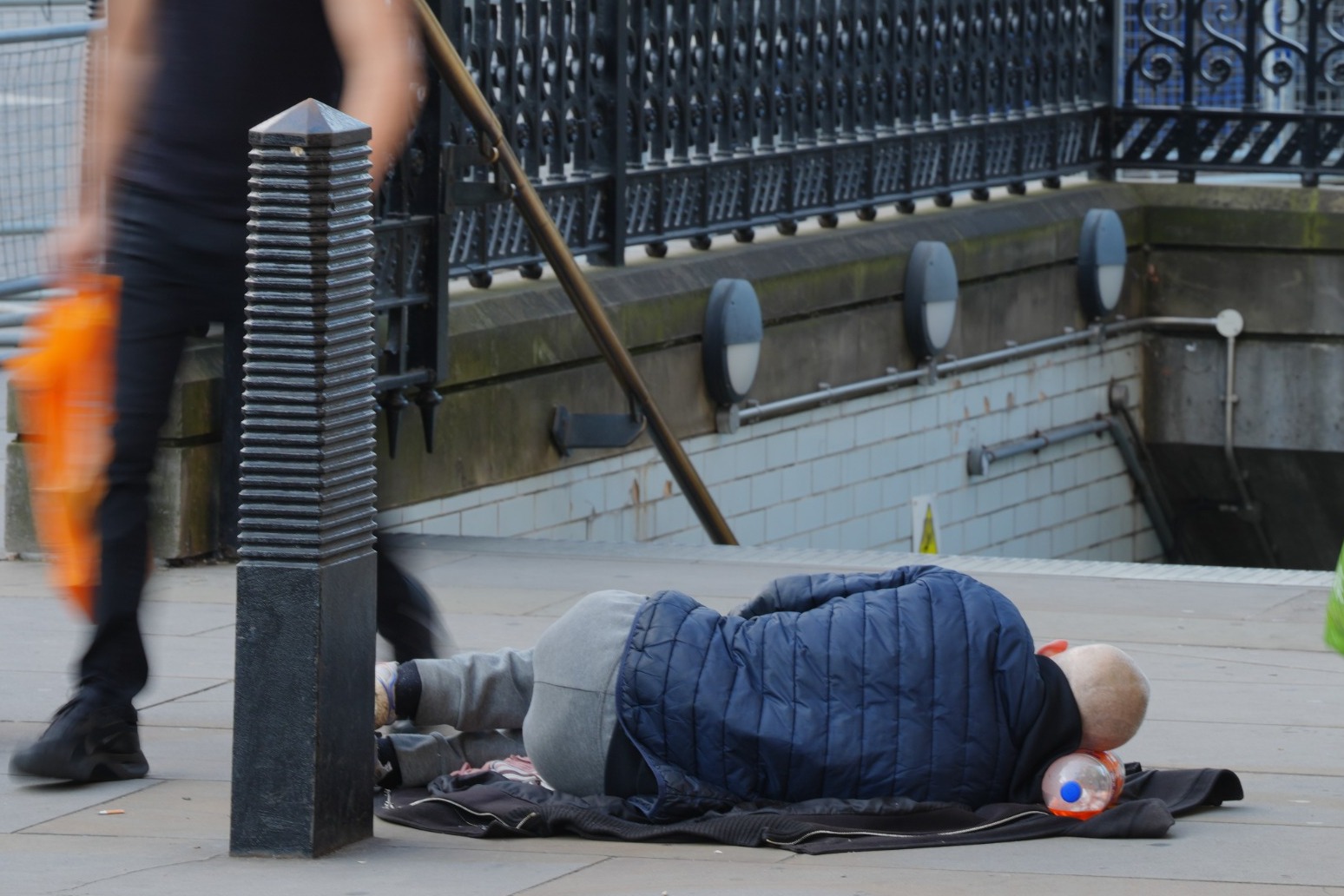
Hundreds of people carrying backpacks and carrying small children who had been sleeping on the streets of Paris were loaded onto buses on Thursday, surrounded by armed police.
The group, mostly made up of African migrants, travelled in buses paid for by the French government to the outskirts of the city, where they stayed in temporary accommodation at least until the end of the tournament.
While some of the homeless were happy to have a roof over their heads for the night, few realized what would happen once the world’s eyes turned away from Paris.
“It’s like poker. You don’t know where you’re going or how long you’ll stay,” said Nikki, 47, a homeless Parisian resident who asked that her surname not be used to protect her privacy.
French authorities have been working for months to clear migrant and homeless camps ahead of the major global sporting event, a key moment for President Emmanuel Macron amid political turmoil.
But the Olympics have also faced criticism, with Parisians complaining about everything from rising public transport fares to the government spending on cleaning the Seine for swimming rather than investing in social services.
Authorities have also come under heavy criticism for busing camped migrants out of the city centre, where the Olympics are being held, to the outskirts of Paris and other areas.
Activist groups and immigrants call the practice, which has been used for years in other Olympic host cities, such as Rio de Janeiro in 2016, a form of “social cleansing.”
“They want to clean up the city for the Olympics and for tourists,” said Nathan Lecou, an organizer with the activist group Utopia 56.
“As the treatment of immigrants becomes more and more notoriously bad, people are being driven out of the city. … Since the Olympics, this aggression, this hunting policy, has become more pronounced.”
Christophe Noël du Peyra, head of the government of the Île-de-France region surrounding Paris, firmly denied the accusations and said his government had been removing migrants from the capital for years.
“We look after them,” he said. “We are very committed to providing a home for these people, so I don’t understand the criticism at all.”
He spoke as dozens of police officers rounded up migrants, preventing them from walking on the streets and setting up caution tape.
Asked why there were so many armed police in a group made up mainly of families, Noel du Peyra said it was to maintain “peace and tranquility”.
Thursday’s bus service came after three days of protests by hundreds of migrants and homeless people like Nikki, who had been sleeping outside local government offices as athletes and tourists flocked to Paris.
They opposed authorities breaking up homeless encampments and demanded better access to temporary housing.
release date: Radio News Hub


